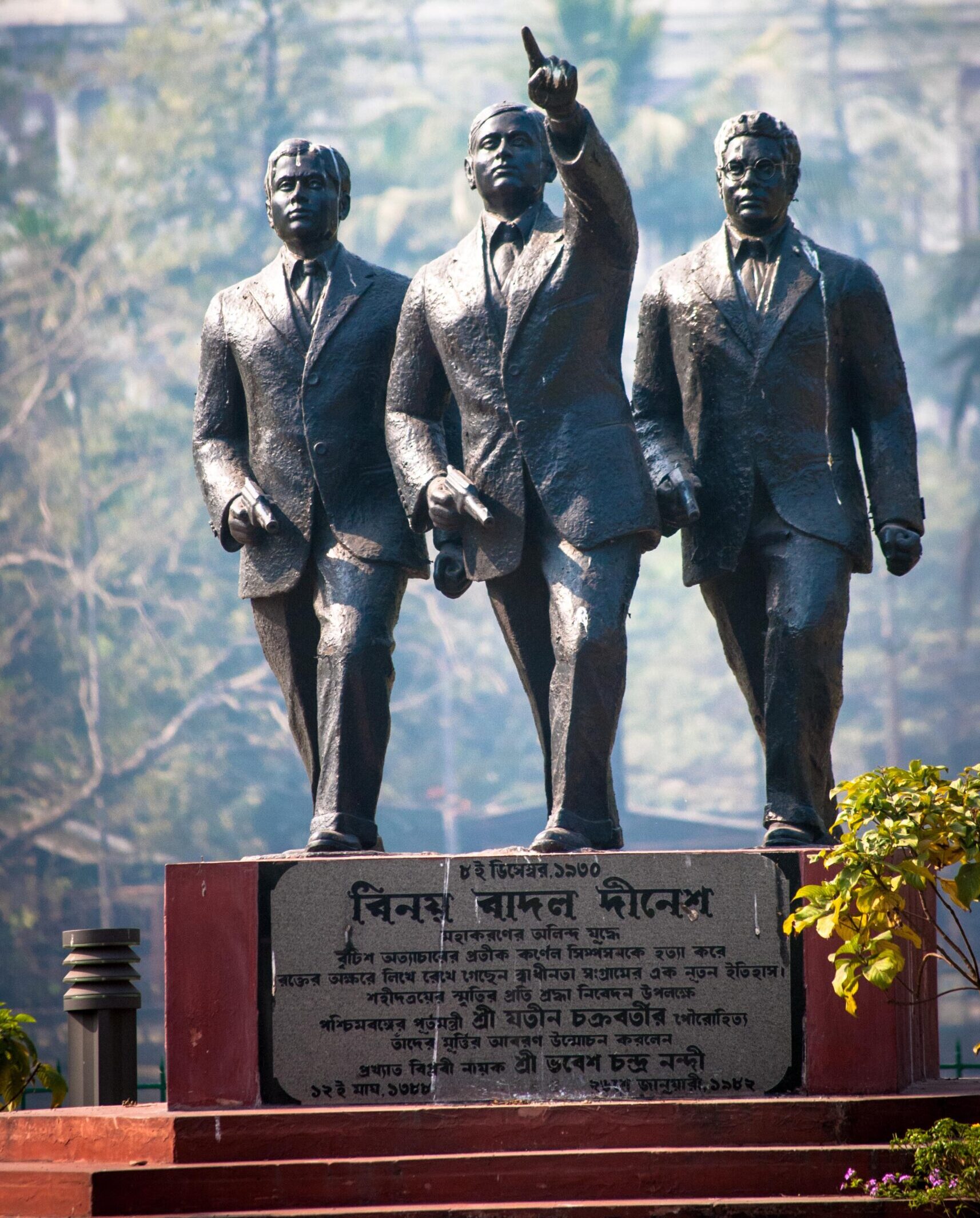What is the value of a master’s degree in history for a career in historic preservation? Certainly, the fundamental components of graduate-level study, especially specialized historical knowledge and strong research and writing skills, are essential for a career in the field. Yet an MA in history alone is unlikely to open doors. Today, the strongest applicants for professional positions are generally graduates of specialized Master’s programs in historic preservation or public history.1 These programs vary widely. Differences in curriculums reflect differing areas of emphases. But in general, they stand apart from MA programs in history in two ways. First, they provide training in the theory and practice of historic preservation and the larger enterprise of public history. Second, they give students practical experience through internships, non-teaching assistantships, and employment. Together, these translate into a significant competitive advantage for job applicants. While it is possible for those who have an MA in history to break into the field, especially if they have relevant work experience of some kind, it is not nearly as common as it once was.
Professional standards in historic preservation have risen significantly in recent decades. In the 1970s and early 1980s, many recently minted history MAs began working in the field without specialized training or much work experience. Many went on to have successful careers, and some currently occupy senior positions at major historical institutions. But today, getting a start in the field is more difficult. For entry-level professional positions, employers generally expect candidates to hold an MA in an appropriate discipline and have some practical experience. This places most graduates of “traditional” master’s programs in history at a disadvantage. Only if a candidate has gone beyond the basic degree requirements and gained relevant work experience—at a historic site, a nonprofit preservation organization, or a state historic preservation office, for example—are they likely to be competitive. By contrast, someone who holds a master’s degree in public history or historic preservation will have a working knowledge of the field and a substantial body of practical experience on their resume.
Employers consider specialized training and work experience valuable for several reasons. One is the interdisciplinary nature of the field. Historians must be able to maintain productive working relationships with architects, archaeologists, community planners, and other professionals. Historic preservation draws upon all of these disciplines, and it is essential that historians speak a common professional language and have respect for differing points of view. In addition, because the work requires extensive contact with the public, training in public history is especially useful. Historians must be able to discuss history in ways that engage rather than alienate public audiences. Finally, the methods used for evaluating the significance of historic properties and developing historic contexts are unique to historic preservation and cannot be learned overnight. Experience with preservation-specific research and analysis is therefore a huge plus.
No matter what their academic training and background, historians starting out in historic preservation can expect to learn a great deal on the job. The skills needed simply cannot be developed through graduate coursework alone. In general, historians employed in historic preservation are responsible for documenting, preserving, interpreting, and finding viable uses for historic properties. To be effective, historians must be versatile. First and foremost, they must be able to communicate with a variety of audiences, both orally and in writing. They must be comfortable speaking with the public, elected officials, attorneys, property owners, and academic historians, and they can expect to give presentations at public meetings and professional conferences. They must be able to do original research and write reports, often under deadline pressure. They must be knowledgeable about historic preservation laws and regulations and able to answer questions from private citizens about how specific projects will affect them, their homes and businesses, and their communities. More generally, these historians need strong analytical skills and administrative aptitude, especially if they aspire to advance into supervisory positions.
While an MA in history is not the best possible preparation for a career in the field, it stands as a close second to graduate programs in historic preservation and public history. With persistence and commitment, there are certainly ways for history MAs to break in. In the long-run, an MA in history will not limit opportunities for advancement. Performance on the job is the most important factor in determining who rises through the ranks and moves into mid-level and senior positions. Advanced degrees are viewed favorably, and a considerable number of historians in historic preservation do hold a PhD. But for most historians working in the field, an MA tends to be the terminal degree.
The emphasis that Retrieving the Master’s Degree from the Dustbin of History places on opportunities in public history is well-founded. Virtually all areas of specialization in public history have experienced significant growth in recent decades, and demand for well-trained historians remains strong. At the same time, it is important to recognize that the competition for jobs is stiff. In historic preservation, there is a strong pool of applicants for every job opening, and the ratio of qualified candidates to jobs shows no signs of decreasing anytime soon. Positions at state historic preservation offices, federal agencies, and major institutions such as the National Trust for Historic Preservation, which offer attractive salaries and benefits packages, are especially sought-after.
These realities should not dissuade historians from pursuing careers in the field. The work is challenging, stimulating, and at times exciting. Close interaction with the public occasionally yields tremendously satisfying moments. For historians who are interested in presenting history to public audiences and fascinated by historic buildings and sites, there is no better choice.
< Previous essay | Next essay >
Note
- The National Council for Preservation Education and the National Council on Public History maintain information about graduate programs in these fields. For historic preservation programs, see https://www.ncpe.us/program-list/. For public history programs, see https://ncph.org/program-guide/. [↩]
Daniel J. Vivian is a historian with the National Register of Historic Places. He was profiled in the AHA's pamphlet, Careers for Students of History (by Constance Schulz, Page Putnam Miller, Aaron Marrs, and Kevin Allen) for the section on historic preservation.


